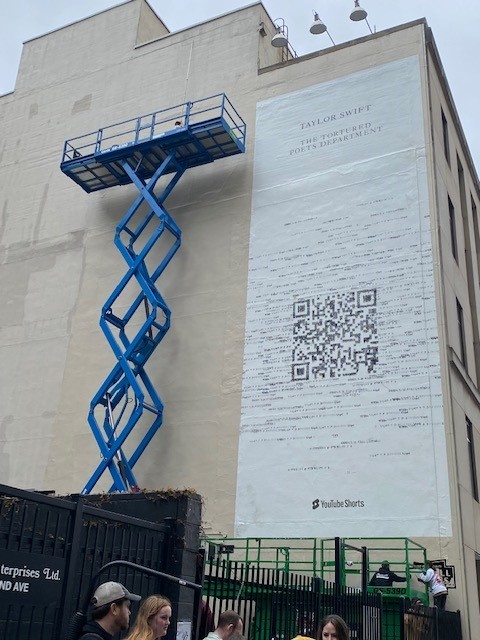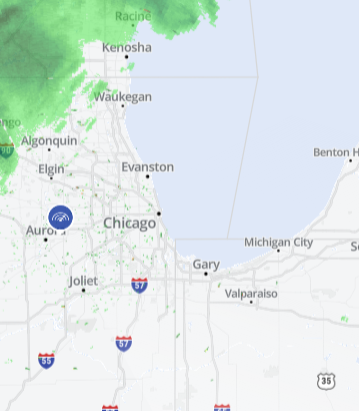A new study released Friday gives some insight into how the coronavirus pandemic has impacted the mental health of families across the country.
"The impact of isolation and closing of schools was far greater than COVID itself," said Brittney Hantak, a married mother of two children under 5, living in Chicago.
Hantak said having to work from home and take care of her kids at the same time has taken a toll on her mental health.
"It's a struggle knowing I can't be in two places at once. I can't be with them and also be working 9 to 5," said Hantak.
It's a similar situation for Deandra Verest. The special education teacher from Chicago said she struggles to navigate day to day as she takes care of her two young children alongside her husband.
"I feel like I go through different levels of anxiety throughout the day," said Verest. "Sometimes I feel like, 'OK we can do this, one step a time.' But there's a lot of overwhelming what-if's."
Hantak and Verest are not alone. The study conducted in early June reveals 27% of parents across the country reported worsening mental health for themselves.
Local
"What this study tells us is that COVID-19, far beyond people infected, has caused such a profound disruption in family life that we need to be asking about people's well being," said Dr. Matthew Davis, Chair of the Department of Pediatrics at Ann & Robert Lurie Children's Hospital.
The loss of regular child care due to the pandemic also appears to be a major shock to families, according to the study, with 24% of parents reporting dealing with that issue.
Additionally, 14% of parents surveyed reported seeing worsening of behavioral changes in their children.
"My son has not only missed preschool but also therapy for behavioral issues before the pandemic hit," said Hantak. "Now, he's definitely acting out a lot more. ... Isolation and removal from his routine has been really hard on him."
According to Dr. Davis, now more than ever, it's important for everyone to take care of their mental health.
"Feeling cooped up has put a strain on a lot of people," Dr. Davis said. "We need to be aware of these types of stressors for families, which extend far beyond COVID-19 as an infection or an illness.”
Approximately 1,000 people from 40 different states across the country participated in the study, which was run by Ann & Robert H Lurie Children's Hospital of Chicago and Monroe Carell Jr. Children's Hospital at Vanderbilt.



